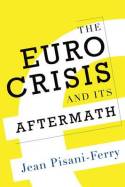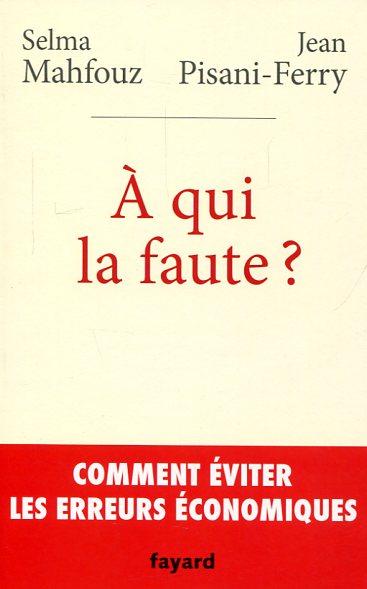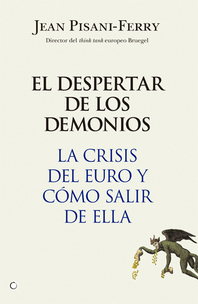The Euro crisis and its after math
- ISBN: 9780199993338
- Editorial: Oxford University Press
- Fecha de la edición: 2014
- Lugar de la edición: Oxford. Reino Unido
- Encuadernación: Cartoné
- Medidas: 23 cm
- Nº Pág.: 205
- Idiomas: Inglés

The euro's life, while only slightly more than a decade long, has been riddled by a series of challenges and crises. The disparity between the prosperous Northern countries of Germany and France and the plummeting Southern countries, including Italy and Greece, has exacerbated problems within the political and economic union of the Eurozone. The North, especially Germany, has debated where to draw the line between doing whatever is necessary to save the common currency and what they have viewed as a charity bailout of countries who flouted the rules for a decade and suffered predictable consequences. Meanwhile, Southern countries such as Italy, Spain, and Greece have grown increasingly bitter at the patronizing attitudes of their partners to the North. Amidst loud and frequent debates, solutions including routes for increased integration and punitive policies and reforms have been enacted and discarded to a limited degree of success. The struggles facing this monetary union continue to develop even today. The Euro Crisis and Its Aftermath was written to inform readers about the history of this enduring European crisis and the alternative proposals for ending it. In four parts, Jean Pisani-Ferry explains the origins of the European currency, the build-up of imbalances and oversights that led to the crisis, the choices European policymakers have both addressed and ignored since 2010, and the evolution of the policy agenda and possible options for the future. The book is as much of an informative and analytical history as it is a prescriptive solution for a more prosperous future world economy. The euro's life, while only slightly more than a decade long, has been riddled by a series of challenges and crises. The disparity between the prosperous Northern countries of Germany and France and the plummeting Southern countries, including Italy and Greece, has exacerbated problems within the political and economic union of the Eurozone. The North, especially Germany, has debated where to draw the line between doing whatever is necessary to save the common currency and what they have viewed as a charity bailout of countries who flouted the rules for a decade and suffered predictable consequences. Meanwhile, Southern countries such as Italy, Spain, and Greece have grown increasingly bitter at the attitudes of their partners to the North. Amidst loud and frequent debates, solutions including routes for increased integration and punitive policies and reforms have been enacted and discarded to a limited degree of success. The struggles facing this monetary union continue to unfold even today. The Euro Crisis and Its Aftermath was written to inform readers about the history of this enduring European crisis and the alternative proposals for ending it. In four parts, Jean Pisani-Ferry explains the origins of the European currency, the build-up of imbalances and oversights that led to the crisis, the choices European policymakers have both addressed and ignored since 2010, the evolution of the policy agenda, and possible options for the future. The book is as much of an informative and analytical history as it is a prescriptive solution for a more prosperous future world economy. Rather than putting forth and supporting a thesis, Pisani-Ferry helps readers understand the past and present of the euro crisis and form their own opinions about potential solutions. It has grown out of his book Le Reveil des Demons published in France in 2011. The content has been updated extensively to cover the events of the past few years and augmented to better explain the Eurozone to a global audience. This book is not intended to reach only economists, as time has long passed since European monetary unification was a debate limited to academics. This book is also for the policy makers searching for solutions, citizens of Europe enduring the consequences, and the international community that has felt the effects of an unstable Eurozone.








